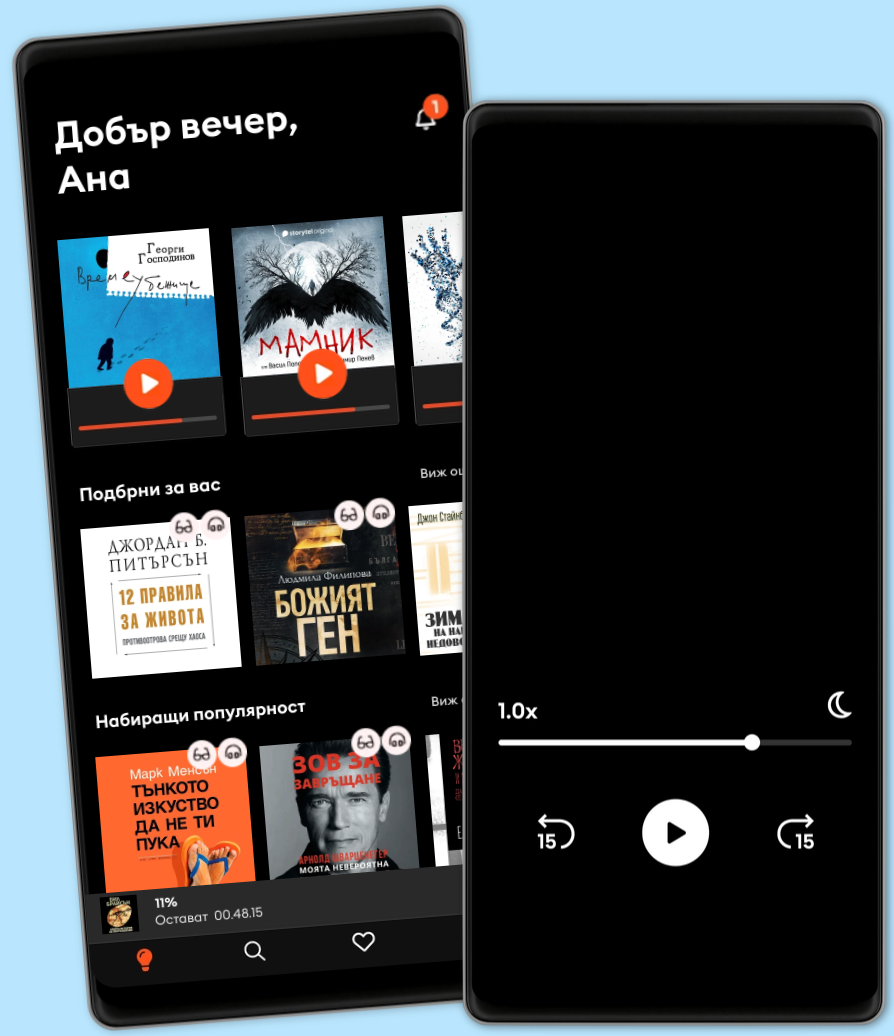Слушайте и четете
Открийте безкрайна вселена от истории
- Слушайте и четете неограничено
- Над 500 000 заглавия
- Ексклузивни и Storytel Original заглавия
- Можете да прекратите лесно по всяко време

Luxury and Modernism: Architecture and the Object in Germany 1900–1933: Architecture and the Object in Germany 1900-1933
- От:
- Издател:
- Език
- Английски
- Format
- Категория
История
While modernism was publicized as a fusion of technology, new materials, and rational aesthetics to improve the lives of ordinary people, it was often out of reach to the very masses it purportedly served. Luxury and Modernism shows how luxury was present in bold, literal forms in modern designs—from lavish materials and costly technologies to deluxe buildings and household objects—and in subtler ways as well, such as social milieus and modes of living. In a period of social unrest and extreme wealth disparity between the common worker and those at the helm of capitalist enterprises generating immense profits, architects envisioned modern designs providing solutions for a more equitable future. Robin Schuldenfrei exposes the disconnect between modernism's utopian discourse and its luxury objects and elite architectural commissions. Despite the movement's egalitarian rhetoric, many modern designs addressed the desires of the privileged individual. Yet as Schuldenfrei demonstrates, luxury was integral not only to how modern buildings and objects were designed, manufactured, and sold, but has contributed to modernism's appeal to this day.
This beautifully illustrated book provides a new interpretation of modern architecture and design in Germany during the heyday of the Bauhaus and the Werkbund, tracing modernism's lasting allure to its many manifestations of luxury. Schuldenfrei casts the work of legendary figures such as Peter Behrens, Walter Gropius, and Ludwig Mies van der Rohe in an entirely different light, revealing the complexities and contradictions inherent to modernism's promotion and consumption.
© 2018 Princeton University Press (Е-книга): 9781400890484
Дата на публикуване
Е-книга: 5 юни 2018 г.
Разгледай още от
Другите харесаха също...
- Where Are the Women Architects? Despina Stratigakos
- Architecture and Nature Abilio Guerra
- From a Cause to a Style: Modernist Architecture's Encounter with the American City Nathan Glazer
- Architecture: A History in 100 Buildings Dan Cruickshank
- The 50 Greatest Architects: The People Whose Buildings Have Shaped Our World Ike Ijeh
- The Eternal Present, Volume II: The Beginnings of Architecture Sigfried Giedion
- Designing San Francisco: Art, Land, and Urban Renewal in the City by the Bay Alison Isenberg
- The Aesthetics of Architecture Roger Scruton
- Yellow: The History of a Color Michel Pastoureau
- Modern Architecture and Climate: Design before Air Conditioning Daniel A. Barber
- Вирусът на паниката: Подкаст на Мадлен Алгафари S01E01 Мадлен Алгафари
4.9
- Мамник - E1 Васил Попов
4.7
- Пътеводител на галактическия стопаджия Дъглас Адамс
4.2
- Богат татко, беден татко: Актуализиран за съвременния свят и с 9 нови обучителни раздела Робърт Кийосаки
4.4
- Глюкозната революция Джеси Инчауспе
4.7
- Градинарят и смъртта Георги Господинов
4.8
- Лейди Гергана Цветелина Цветкова
4.7
- Сайбиевата невеста Боян Боев
4.6
- Убийства във Флийт Хаус Лусинда Райли
4.7
- Голям да пораснеш S05E01: Подкаст на Мадлен Алгафари S05Е01 Мадлен Алгафари
4.9
- Хиляда сияйни слънца Халед Хосейни
4.9
- Подсъзнанието може всичко Джон Кехоу
4.7
- Четирите споразумения: Толтекска книга на мъдростта Дон Мигел Руис
4.6
- Рана Захари Карабашлиев
4.7
- Четвърто крило Ребека Ярос
4.6
Избери своя абонамент:
Над 500 000 заглавия
Сваляте книги за офлайн слушане
Ексклузивни заглавия + Storytel Original
Детски режим (безопасна зона за деца)
Лесно прекратявате по всяко време
Unlimited
Най-добрият избор. Открийте хиляди незабравими истории.
1 профил
Неограничен достъп
Избирайте от хиляди заглавия
Слушайте и четете неограничено
Прекратете по всяко време
Unlimited Годишен
12 месеца на цената на 8. Избирайте от хиляди заглавия.
1 профил
Неограничен достъп
9.99 лв./месец
Слушайте и четете неограничено
Прекратете по всяко време
Family
Споделете историите със семейството или приятелите си.
2 профила
Неограничен достъп
Потопете се заедно в света на историите
Слушайте и четете неограничено
Прекратете по всяко време
Български
България